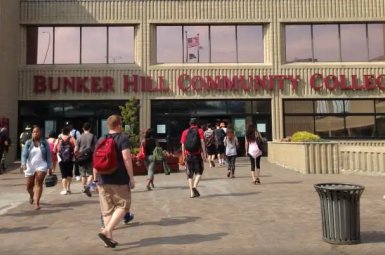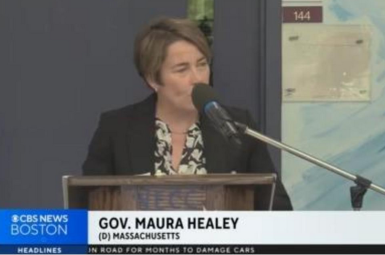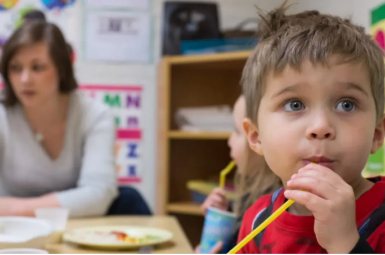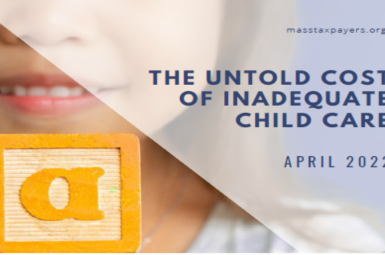On January 22nd, the Healey-Driscoll administration released its Fiscal Year (FY) 2026 budget proposal, which included notable spending increases in health care, education, and transportation. The $62.07 billion spending plan is a $4.3 billion (7.4 percent) increase over the FY 2025 General Appropriations Act (GAA) and a $1.8 billion (2.1 percent) increase over the administration’s FY 2025 estimated spending level.
MASSACHUSETTS’ CHILD CARE system serving the state’s most vulnerable children has seen improvement in recent years, but a new report warns that issues with recruiting and keeping workers could undermine efforts to expand access to affordable child care. With federal support from a second Trump administration uncertain, funding these programs increasingly depends on Bay State budget math.
Child care workers in Massachusetts continue to struggle despite the state's reforms in recent years, with many working multiple jobs to make ends meet or leaving the industry altogether, per a new report.
Higher ed’s fortunes, whether good or bad, “are more pronounced here than in any other state,” said Doug Howgate, president of the Massachusetts Taxpayers Foundation, during a recent presentation and panel discussion the organization convened on the economic impact of higher education in Massachusetts.
On Monday, March 4th MTF was invited to testify before the Special Joint Committee on Initiative Petitions. MTF testified in opposition to House Bill 4252, which would eliminate any statewide standard for high school graduation in Massachusetts. You can read MTF’s submitted testimony here.
The Massachusetts Taxpayers Foundation estimates this change will help around 350 students every year.
IF YOU HAVE young children, or know anyone who does, chances are you’ve noticed that the Commonwealth’s child care sector is in a major state of crisis. Classrooms are closing, waitlists are growing, tuition costs are soaring, and educators are leaving the field in droves for higher paying jobs; moreover, these persisting challenges continue to push mothers out of the workforce.
The average cost of child care is more than $20,000 a year in Massachusetts, the most expensive state in the nation, only behind Washington, D.C., and well above the national average of $15,888, according to a recent report from the Massachusetts Taxpayers Foundation.
The scarcity of child care facilities and qualified workers to staff them is costing Massachusetts families $1.7 billion a year in lost wages due to missing work or reduced work hours, according to the Massachusetts Taxpayers Foundation.
Additionally, employers are losing $812 million a year in low productivity and employee turnover and replacement costs because workers cannot find adequate child care, according to the foundation.
The scarcity of child care facilities and qualified workers to staff them is costing Massachusetts families $1.7 billion a year in lost wages due to missing work or reduced work hours, according to the Massachusetts Taxpayers Foundation.







